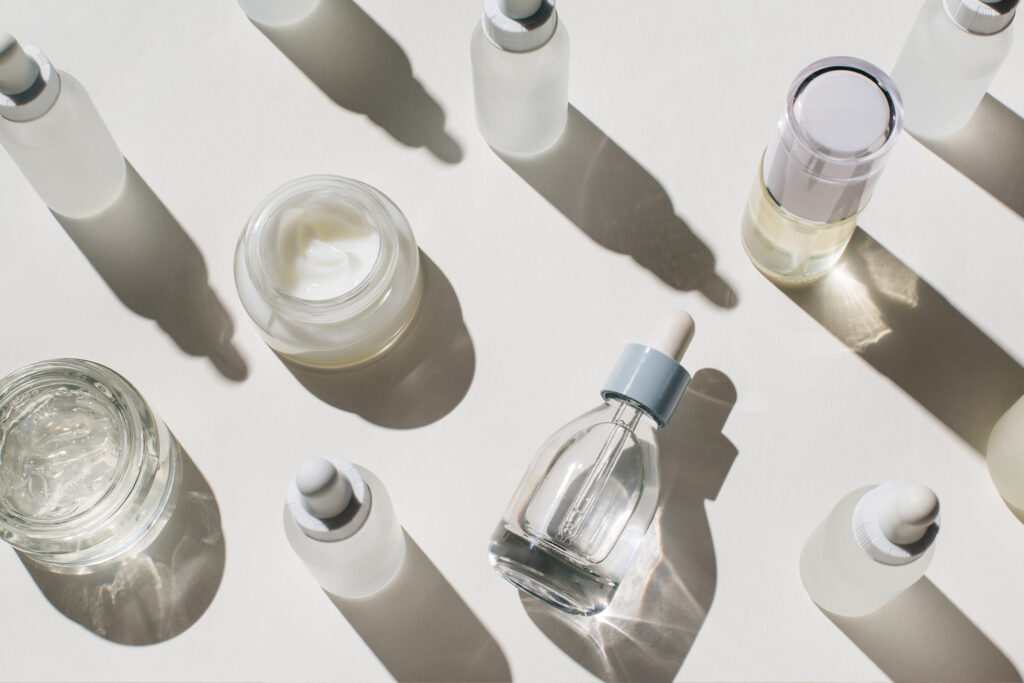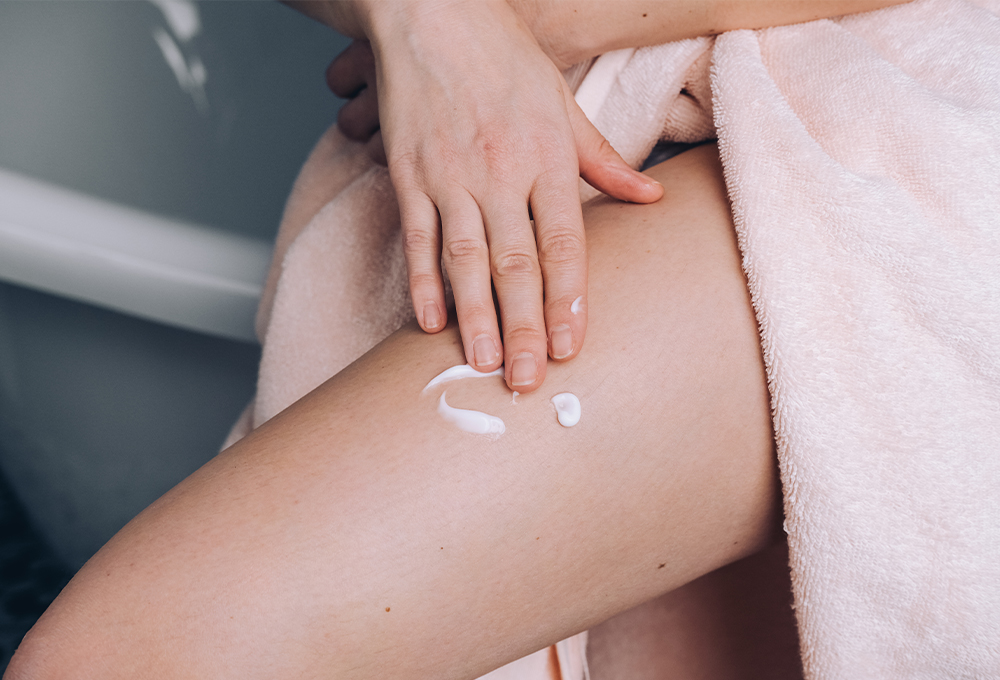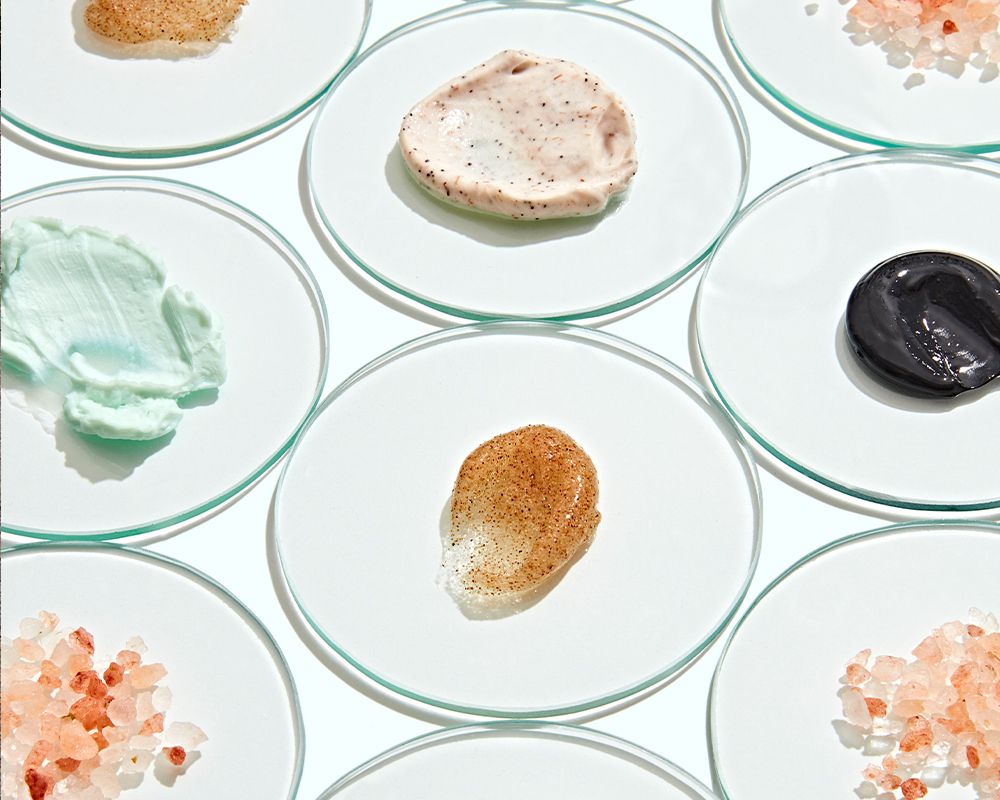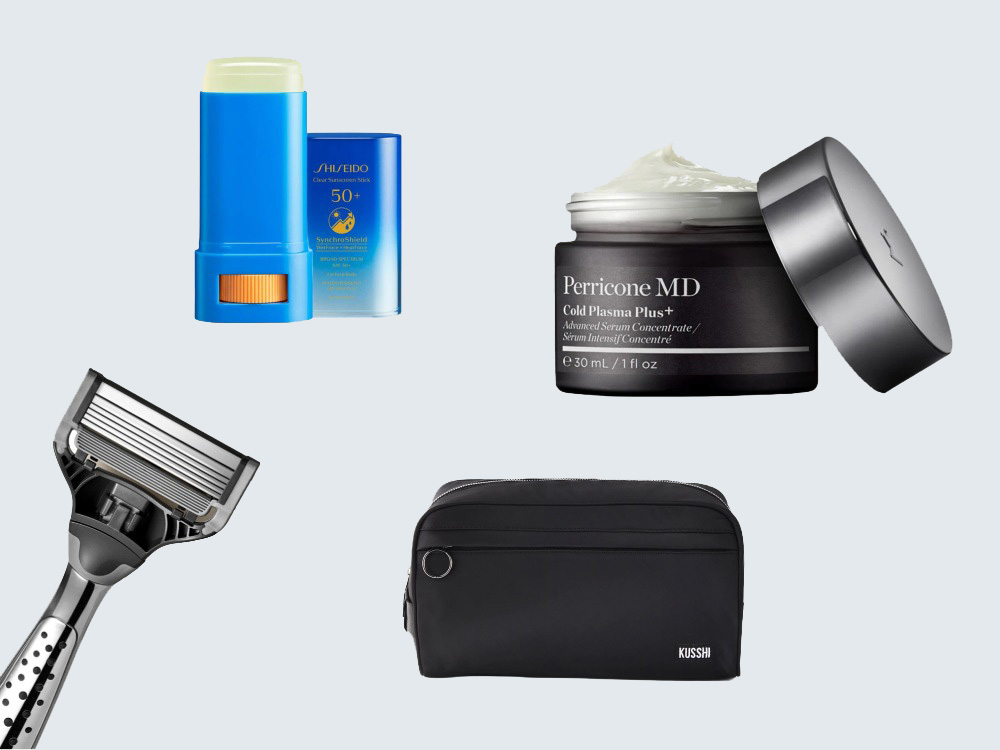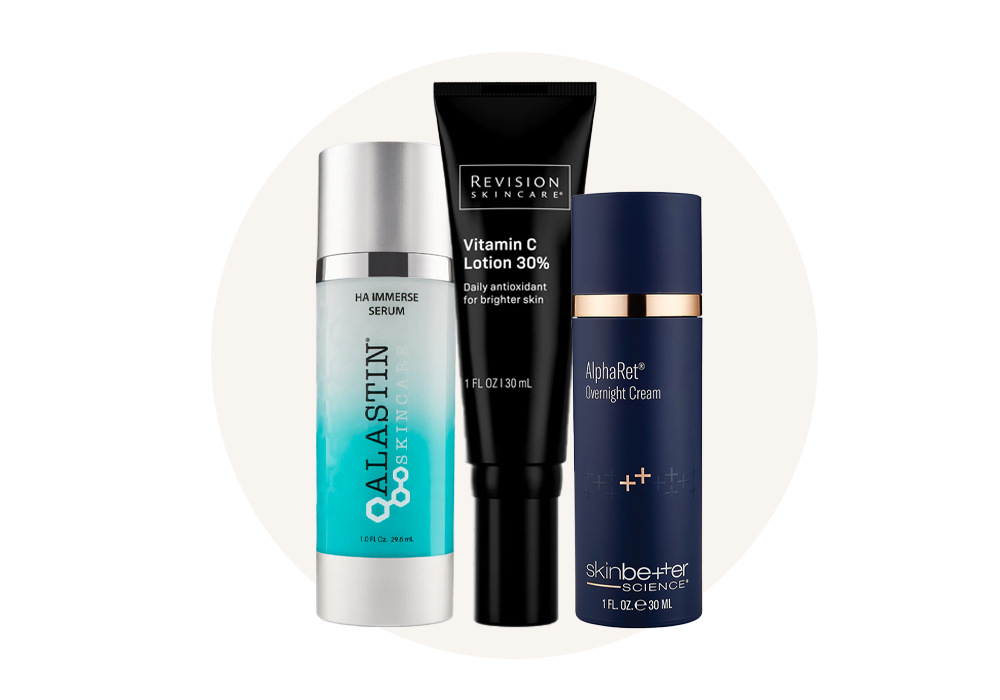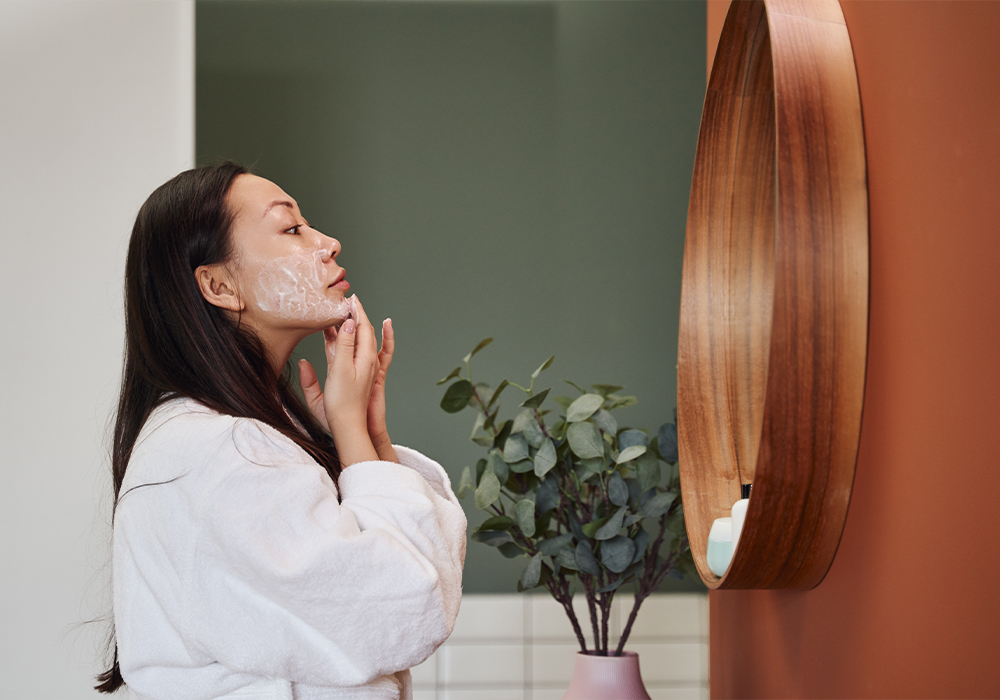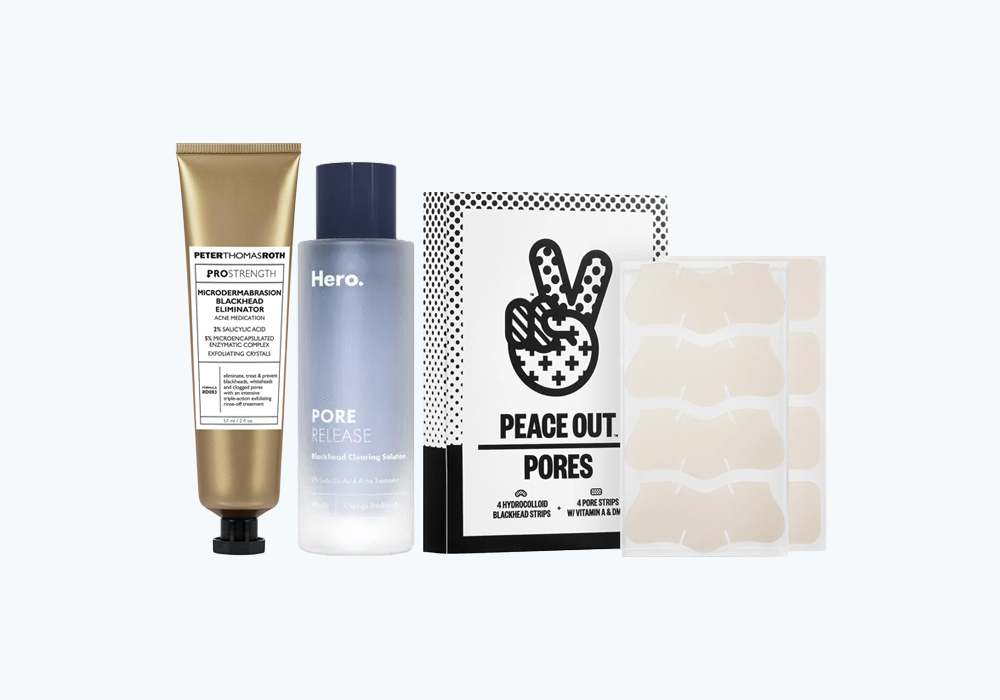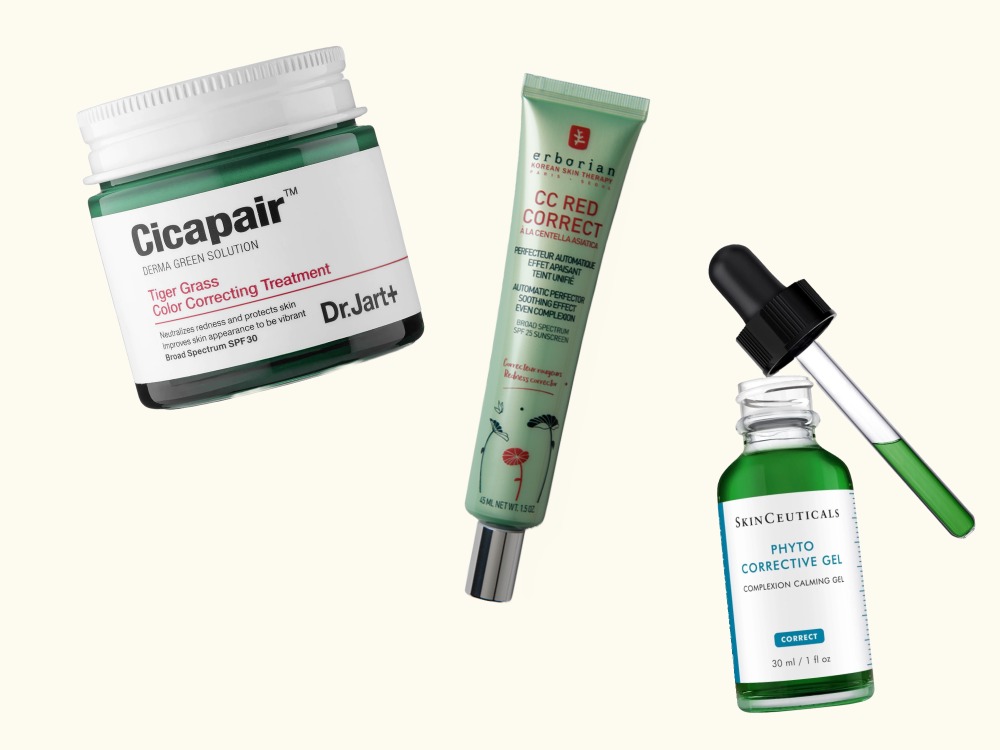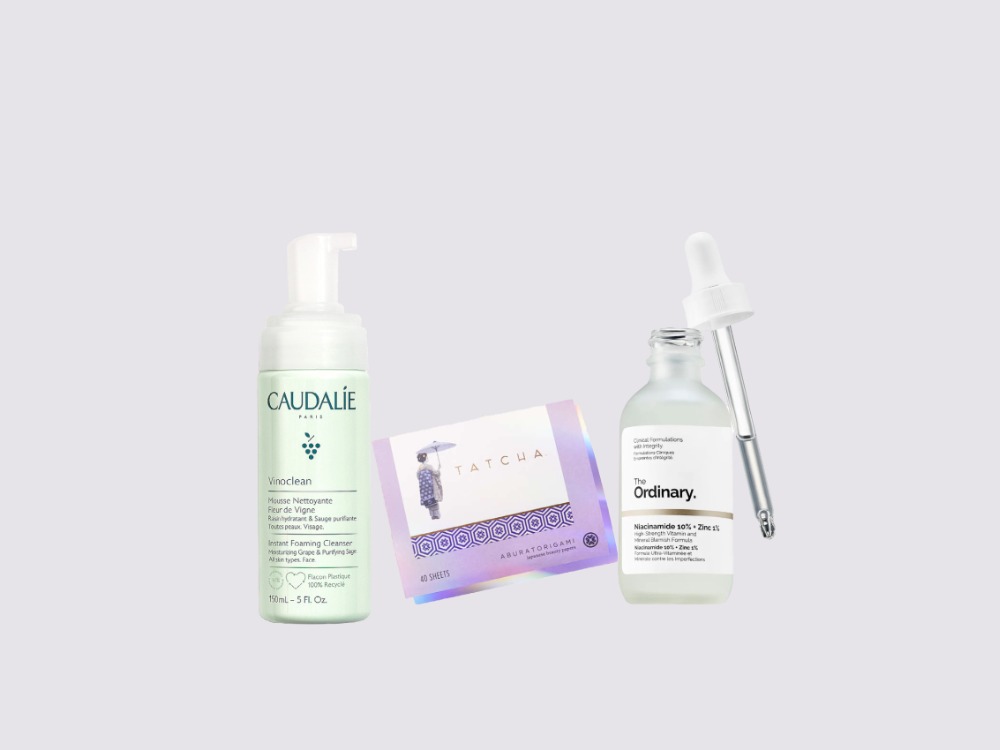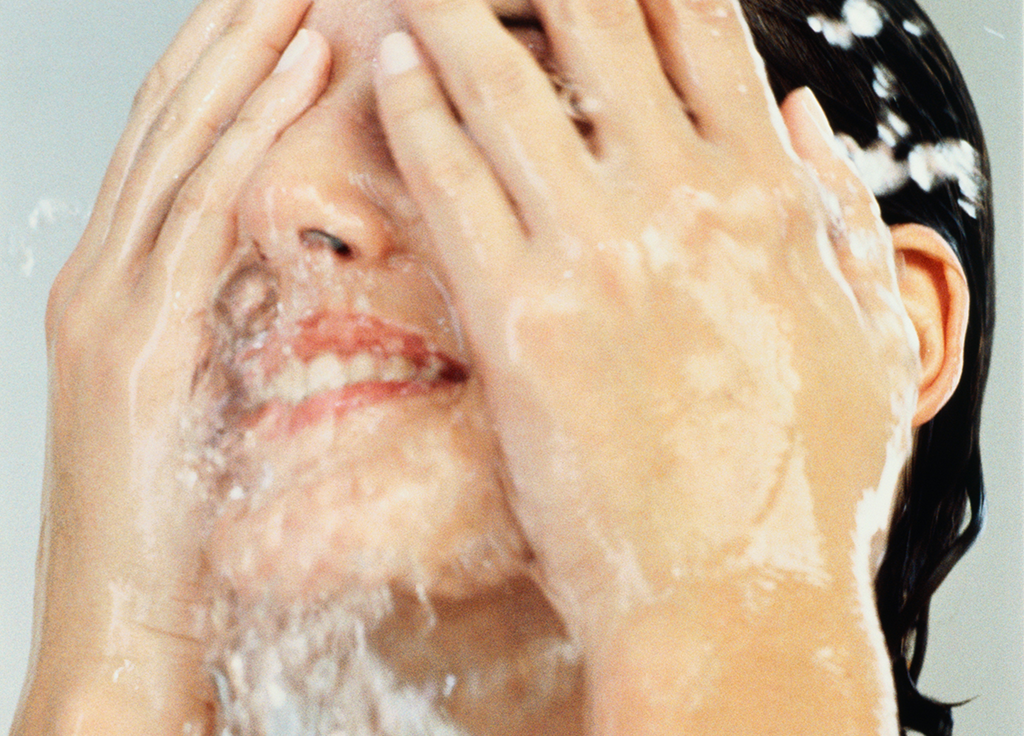TikTok’s latest skin health trend, skin fasting, promises to restore your skin barrier by pausing use of your skin-care products. The idea, oftentimes coated in wellness language, is that you need to flush out toxins, stop overwhelming your skin, and allow it to repair itself. You accomplish this by stopping all, or most, skin care for a certain amount of time.
The word “fasting” implies that you’re going to stop everything. And when it comes to TikTok, the name alone can be enough to drive misinformation. So, let’s be clear here: there is no reason to stop all your skin care. Cleansing, moisturizer, and sunscreen are not harming your skin barrier.
New York dermatologist Heidi Waldorf, MD explains that if you take the name literally, it’s a bad idea. “Skin fasting is ridiculous,” Dr. Waldorf says. “First, a good skin regimen will not damage the skin barrier. If it does, it is not a good skin regimen.”
So, there is a scale to this, and you can go way overboard. But the concept of pausing certain skin-care products or treatments isn’t new or controversial. The core of this idea is something dermatologists are all too familiar with—they just call it something else.
Drug Holidays
Fort Lauderdale, FL dermatologist Dr. Matthew Elias explains that taking a pause on medication isn’t a new idea. “I’ve never heard the term ‘skin fasting’ before, but we do what we call ‘drug holidays’ all the time,” Dr. Elias says. “It’s common to stop certain medications or treatments in the summertime, depending on where you live. This is something that’s more common with prescription medications, which can often be in higher concentrations and therefore have more of an effect on the skin.”
If a prescription-strength medication is doing its job effectively but leaving you with side-effects like sensitive or dry skin, a “drug holiday” gives you some time to bounce back.
Washington, D.C. dermatologist Tina Alster, MD says this logic can make sense if your routine is on the harsh side, but only on your way to a gentler routine. “If you’re over-processing your skin and using a lot of actives like retinol and glycolic acid and things that dry out your skin, that’s not something you should be doing every day anyways,” Dr. Alster says. “So, a break can give your skin a chance to recoup. But if you’re on the right skin care, there’s no real reason to give it a break.”
Other times, there are ingredients that will start to work less effectively over time and need to be given a “holiday.” This is a common practice with steroids.
New York dermatologist Orit Markowitz, MD explains that steroids and other anti-inflammatories can become addictive to the skin. “The idea of taking a break goes back to the days of steroids,” Dr. Markowitz says. “When you use a steroid or another form of an anti-inflammatory, they do get addictive. Your skin does get addicted to them and we have what’s called a ‘holiday’ or a break so that the anti-inflammatory component works better.”
It’s not entirely clear whether or not natural and over the counter anti-inflammatories work the same way, but it’s possible. “If you’re on a natural anti-inflammatory, that hasn’t really been tested,” Dr. Markowitz explains. “But you could apply the same idea that stopping and starting could make those work better.”
If It Isn’t Broken, Don’t Fix It
Skin fasting may be a good idea if you are using some heavy-duty ingredients or if you are following a dermatologist-recommended schedule of use for a product. But, if your skin is already doing well on your current routine, you probably don’t need to change it.
“There’s no reason to give your skin care routine a break if you have good skin care,” Dr. Alster says.
Dr. Elias notes that a dermatologist should really be involved if you want to incorporate this idea into your skin care. “I think there’s kind of something to this idea, but it isn’t something I would recommend patients go out and try on their own. You should discuss this with your dermatologist.”
Ultimately, if your routine works for you and your skin needs are being met, stopping suddenly will probably only disrupt the balance you’ve already achieved.
Please, Don’t Fast These
Experts agree there is no reason to stop cleansing, moisturizing, or using sunscreen. You will do more damage to your skin than help.
“It doesn’t make any sense to me to stop cleansing or moisturizing. Certainly not sunscreen,” Dr. Alster says.
“It sounds almost like skin care deprivation,” Dr. Elias adds. “We would always recommend continuing to cleanse the skin. There may be reasons you need to switch cleansers, or use a different one in the morning than at night. You could even need to cycle on and off certain cleansers depending on the climate and season, but you don’t need to stop cleansing.”
Unless you are experiencing an allergic reaction or irritation to a sunscreen, please don’t stop using it.
“You definitely should not stop your sunscreen unless you think you are reacting to it,” Dr. Markowitz says. “It also seems silly to stop something like micellar water. I think it can be hard to explain every ingredient and which one you should stop, so it’s easier to say, ‘stop everything.’ But if you’re really looking at the granular details, you pause things that your skin can habituate to such as steroids.”
If Your Skin Needs a Change, Listen
If you’re routine is bogged down with a lot of products, you can take “skin fasting” as an invitation to pause and reintroduce your products one at a time.
“I agree with the concept of taking a pause, just not for the reason of needing to repair the skin barrier,” Dr. Markowitz explains. “A lot of the times people are really overwhelming their skin and their routines are very detailed with products that are good and some that are probably not so good. So, I like the idea of taking a break, but only to reintroduce your products one at a time, slowly, so that you really understand how your skin does with those products.”
Dr. Alster notes that listening to your own skin can go further than following the trending directions. “People tend to think that more is always more,” Dr. Alster says. “That can come from the influence of skin-care advice, but also from the directions of the products themselves. Sometimes a product recommends use every day or twice a day, and that is just too much.”
One of the reasons you might consider skin fasting is that you aren’t getting what you want out of your current skin-care routine. But skin fasting could just reinforce bad habits that you need to abandon. Ultimately, if the skin care you’re using harms your skin barrier, you shouldn’t be using it.
“Part of the goal of skin care, whether it is for a skin disorder or aging, is to repair and maintain the skin barrier,” Dr. Waldorf says. “People who over-exfoliate without moisturizing need to stop permanently, not cyclically, because it isn’t ‘caring’ for their skin.”
